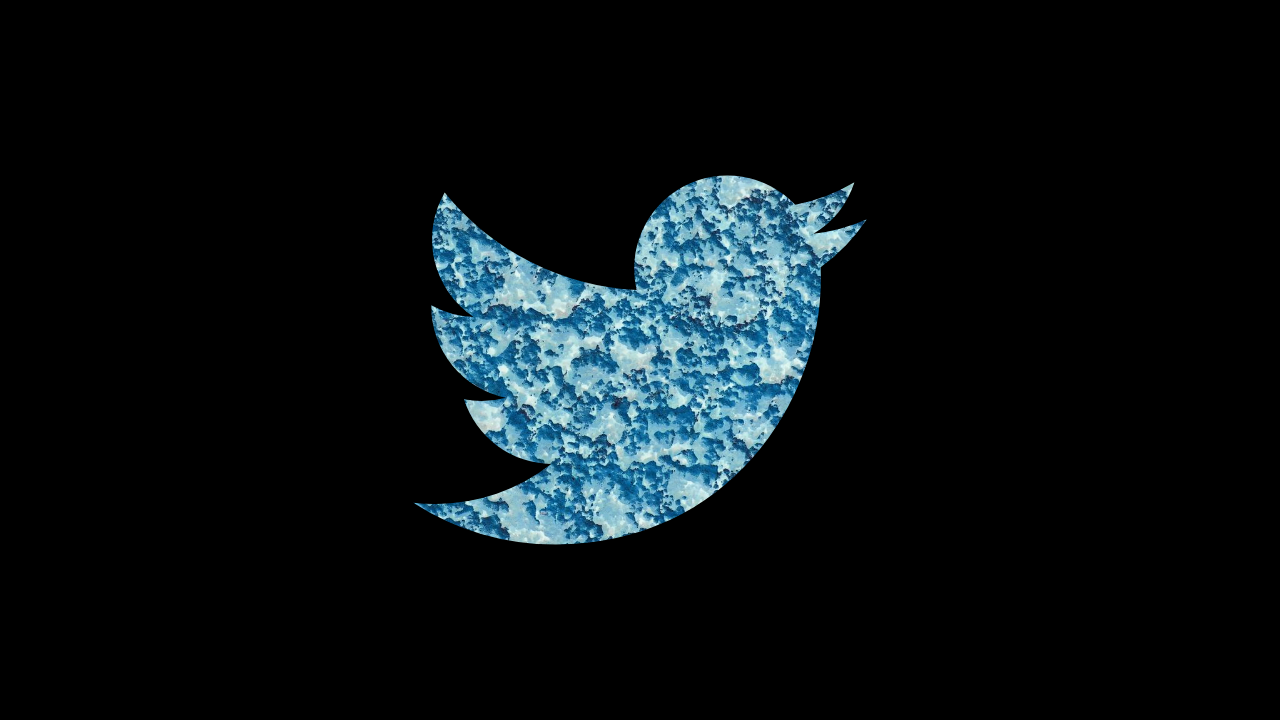Senators Marsha Blackburn and Richard Blumenthal Have introduced a new bill, the Kids Online Safety Act (KOSA) They have been very concerned that social networks are not doing enough to protect children and they have introduced this bill to give kids more control over their privacy and safety and social media while setting stricter guidelines for the companies in question.
Social media firms and we all know the center of attention is Meta here. But anyways, the social media firms will have to give children under 16 the tools to protect their data and turn off addictive features and bow out of algorithm-based recommendations. The strongest settings possible will have to be enabled by default, and parents will also get controls to help pinpoint harmful behavior.

Social networks will now have to prevent and mitigate exposure to inappropriate content, including self-harm, eating disorders, abuse, and alcohol. All of these social media firms will also have to conduct yearly, independent audits of their KOSA compliance. Also, the social networking sites will have to freely give away critical datasets to academic and public interest researchers hoping to study child safety. (This is a really great step from the senators and as it really makes the closed big walls of these Huge social media firms bow down to protect children)
This bill is a big response to inquiries into these big tech giants’ handling of child safety, particularly focused on Meta whistleblower Frances Haugen. They did call on the company to make multiple changes to protect children including an end to algorithmic ranking, opening up their research, and modifying the Communications Decency Act under Section 234 for more accountability. Meta has made changes in response to calls for better child protection, including offers to share data and teen safety features like screen time tracking, break reminders, and bulk content deletion.

There are no guarantees this new bill will pass the Senate and become law. It would join existing legislation that includes copper, which protects Internet privacy for children under 13, and the bipartisan nature of the bill might help, though.



